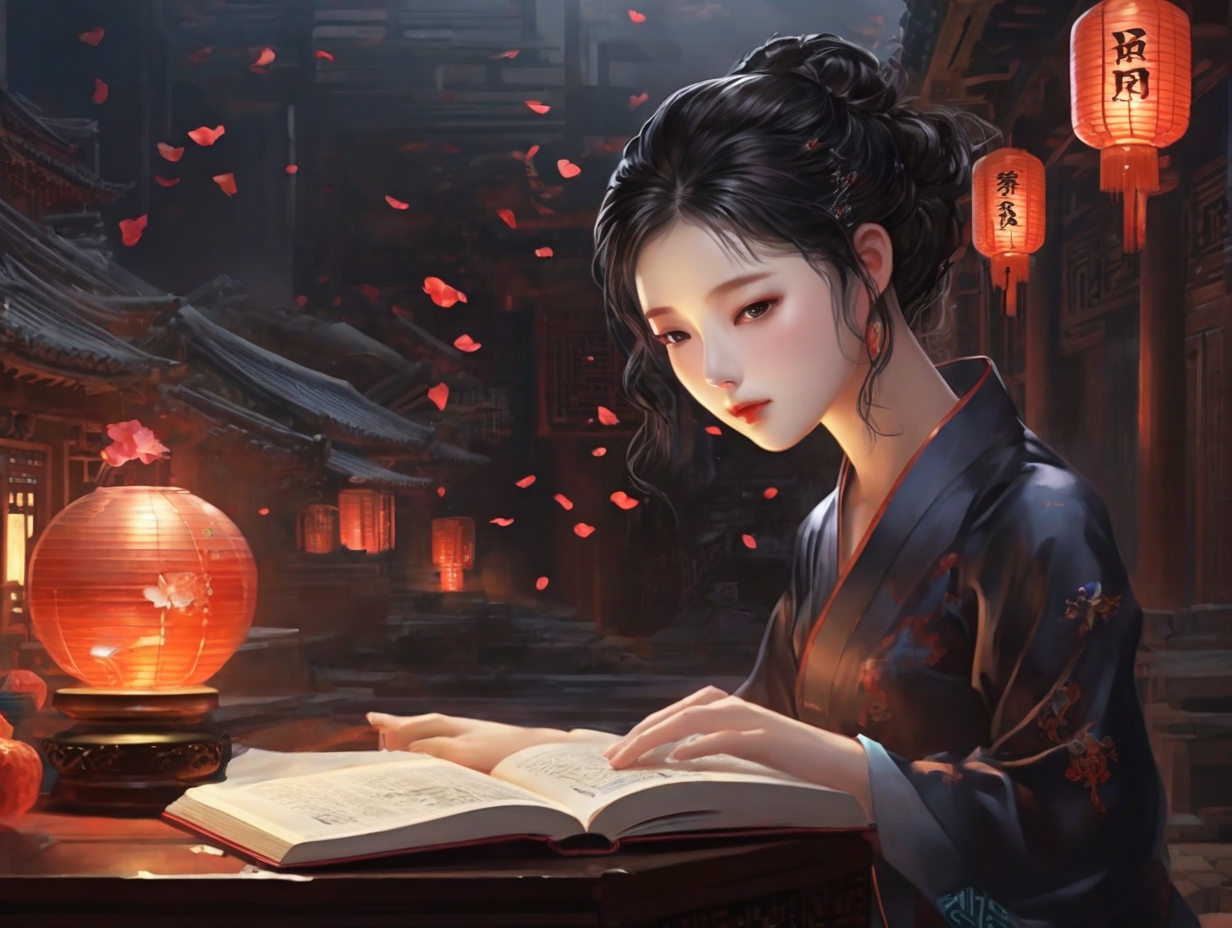The globalization of China’s online literature is accelerating, driven by technological advancements and growing international interest. Wu Yiqin, a member of the 14th National Committee of the Chinese People’s Political Consultative Conference (CPPCC), highlighted the potential of AI translation in overcoming language barriers to further propel this trend.
Market expansion and overseas reach
Recent data from the Chinese Academy of Social Sciences (CASS) revealed a significant surge in China’s online literature overseas market, surpassing 4 billion yuan ($563.7 million) in 2023. With 230 million overseas users across over 200 countries and regions, Chinese online literature is making substantial inroads into the global literary landscape.
AI translation in a game-changer
Wu emphasized the transformative role of AI translation in facilitating the widespread dissemination of Chinese online literature abroad. According to Wu, AI translation offers a cost-effective alternative, reducing translation expenses by as much as 90% compared to manual translation processes.
Despite its potential, AI translation encounters several challenges, including inconsistent standards, variable translation quality, and limited data availability in less common languages. To address these hurdles, Wu advocated for coordinated efforts among industries, universities, and research institutions to refine AI translation technologies and establish unified standards.
Policy and financial support
To foster innovation and collaboration in AI translation, Wu called for government support through policy incentives and financial investments. By promoting closer cooperation among stakeholders and developing multilingual databases of online literature, China can enhance the accessibility and quality of AI translation services.
Copyright protection concerns
As Chinese online literature expands globally, concerns over copyright protection intensify, particularly regarding AI-generated content. Wu underscored the difficulty in defining infringement boundaries and the associated costs of rights protection in the context of AI-generated translations or adaptations.
In response to these challenges, Wu advocated for the establishment of a coordinated copyright protection mechanism between China and other countries. Such collaboration would mitigate legal uncertainties and safeguard the interests of authors and content creators in the increasingly digitized global literary landscape.
The rapid globalization of Chinese online literature presents both opportunities and challenges. AI translation emerges as a pivotal tool in overcoming language barriers and facilitating cross-cultural exchange. However, ensuring the integrity of intellectual property rights remains paramount. With strategic policy interventions and international cooperation, China can harness the potential of AI to propel its vibrant literary tradition onto the global stage.
Land a High-Paying Web3 Job in 90 Days: The Ultimate Roadmap
